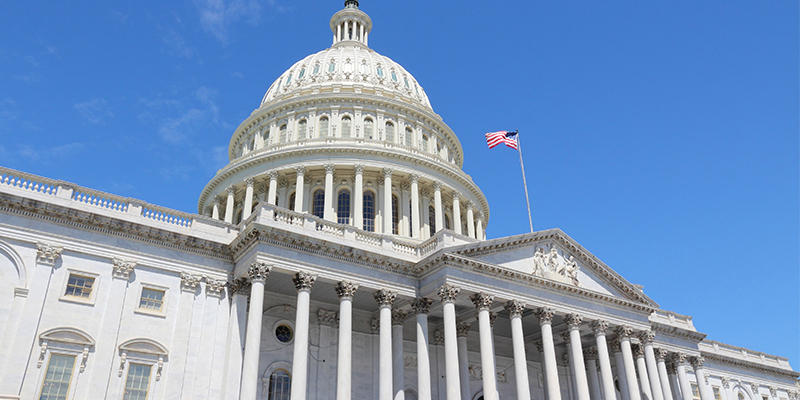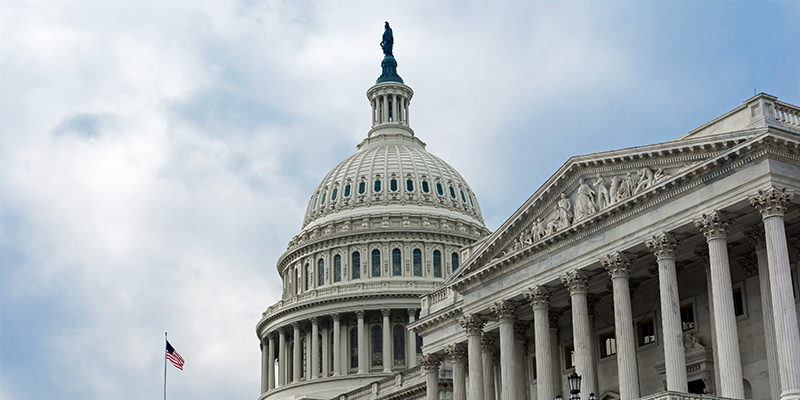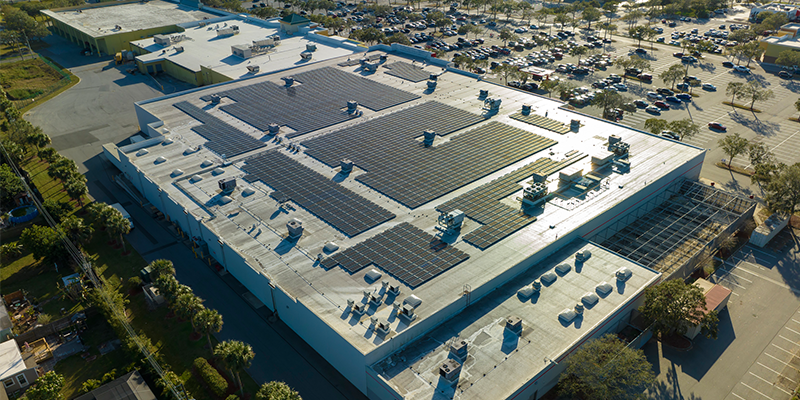
NAIOP of North Carolina Advocate for CRE with Lawmakers
- June 19, 2024
Members from the three NAIOP chapters in North Carolina traveled to Raleigh last week for their legislative advocacy day within the state capitol. The two-day event provided an important opportunity for attendees to collaborate on the issues facing commercial real estate and advance the industry’s interests with state lawmakers.







